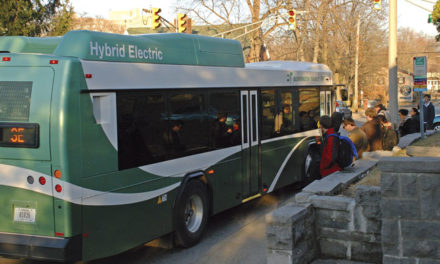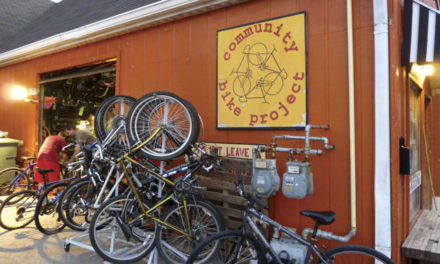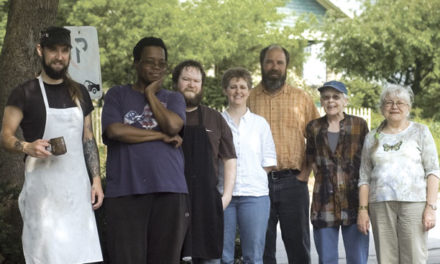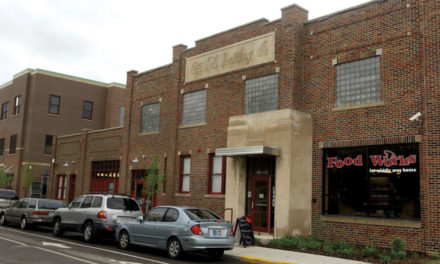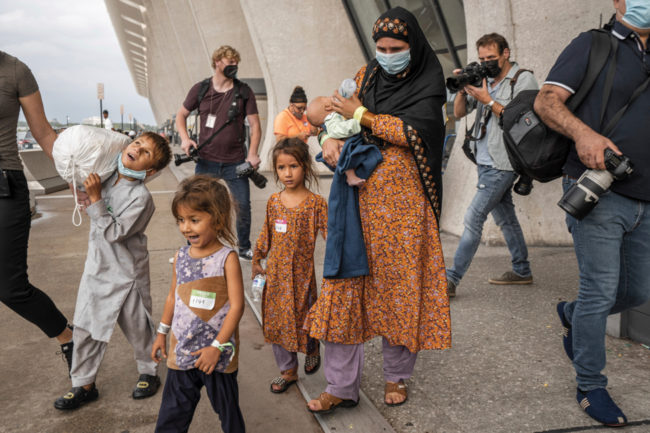
by CRAIG COLEY
For nine days in early September, Elizabeth Cullen Dunn distributed toothpaste, towels, diapers, and shampoo to Afghan refugees evacuated from Kabul to Camp Atterbury, the National Guard training post north of Columbus, Indiana. “They were traumatized, jet-lagged, and exhausted with every fiber of their being,” says Dunn, who is director of the Bloomington Refugee Support Network. Some of these same people may resettle in Bloomington soon, and the community will have opportunities to help them acclimate.
The State Department designated Bloomington as a resettlement site in September. Exodus Refugee Immigration, a nonprofit organization based in Indianapolis, will open a sub-office here to oversee activities. Cole Varga, Exodus’ executive director, says Bloomington could welcome anywhere from 30 to 200 evacuees in the coming year. Varga’s immediate goals are to hire a director for Bloomington operations, find a space to work, and raise a lot of cash. Varga says the government funds resettlement at $2,275 per person, about $1,000 of which goes to Exodus’ administrative costs. That leaves a family of three, for example, with $3,825 to start a new life in a new country. “It’s not a lot of money, and it goes fast,” Varga says.
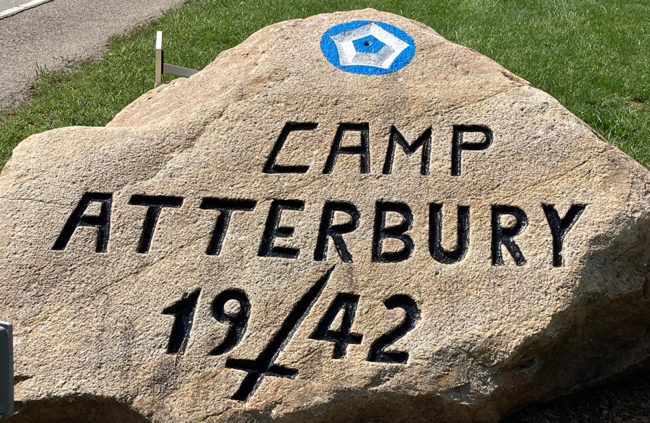
Exodus Bloomington has a Facebook page where people can learn about ways to support the effort. As evacuees arrive— probably in the next two months—donations of specific items will be solicited. Dunn, who also serves on Exodus’ board of directors, says the best way to help is by donating money. “When Exodus has money, they can buy exactly what people need, and that’s so much easier than trying to piece it together from donated stuff,” Dunn says. “You get really targeted help at exactly the moment people need it.”
Faith communities, service organizations, and others will be sought to form welcome teams to support resettling people for one year. While Exodus takes charge of the big challenges like finding an apartment and a job, the welcome team will be trained by Exodus to assist with daily life. “If you move to a foreign country, you have no idea how anything works,” Dunn says. “So you need someone to show you how to go to the post office, how to get your cell phone set up, where you get school supplies. All that day-to- day-living stuff the welcome team helps with for a year. They’re friends, mostly.”
Right now, evacuees at Camp Atterbury and seven other sites across the country are undergoing medical and security screening checks. Bloomington could receive evacuees from any of the eight sites. Almost half of the population at Camp Atterbury is younger than 18, and Dunn expects to see many families with young children moving here. Varga says the evacuees will have work permits, and Dunn says the male heads of household will generally speak English. “These are highly skilled people coming into a labor shortage,” Dunn says. “I talked to one man who asked me how he could recertify as a prosthodontist, because that was his original training.”
Varga says he has had good conversations with Bloomington officials and is excited to have the Bloomington community as an ally in Exodus’ resettlement efforts. “One of the best things that we do as a country is welcome people in their absolute most desperate time of need,” Varga says.
Visit exodusrefugee.org or bloomingtonrefugees.org for more information. Learn how to help by finding @ExodusRefugeeBloomington on Facebook.


